In the shadows of Myanmar’s prolonged civil war, a quiet but profound shift has taken place in Rakhine State – one that may hold the key to solving one of the most protracted refugee crises in the world. As traditional diplomatic avenues have collapsed and global attention wanes, a new and surprising actor has emerged at the center of repatriation prospects for the Rohingya: the Arakan Army.
For years, the Rohingya – a persecuted Muslim minority driven out of their homeland in waves of violent purges, most notably in 2017 – have lived in a state of limbo. Nearly one million remain in refugee camps across the border in Bangladesh, where hope is in dwindling supply and the living conditions worsen by the day. The global community, while vocal in condemnation of their suffering, has been largely impotent in creating viable solutions. Now, with Myanmar’s military junta losing ground, and the central opposition National Unity Government (NUG) lacking effective control over the country’s peripheries, a different kind of power has filled the vacuum in Rakhine – and it may be the only actor with the capacity to allow the Rohingya to return.
The Arakan Army (AA), once viewed as a militant insurgency representing the Rakhine Buddhist ethnic group, has transformed into a de facto government controlling the majority of Rakhine State’s territory. With administrative structures, security forces, and a growing ability to implement civil governance, the AA now holds sway over 11 of Rakhine’s 18 townships. This transformation is not just tactical; it’s political. And therein lies the window of opportunity.
To the outside world, this may seem like an improbable solution. The Arakan Army was long seen as a group with little sympathy for the Rohingya. In fact, it has previously rejected the use of the term “Rohingya” and largely aligned itself with narratives dismissive of Muslim identity in the region. Relations between the Rohingya and Rakhine Buddhists have historically been fraught with mistrust, grievances, and episodes of violence. But the tides of war and governance often change more than just territory – they change incentives.
Arakan Army Commander-in-Chief TwanMrat Naing’s recent statements suggest a significant evolution in posture. The AA leadership has indicated openness to peaceful coexistence, rule of law, and even the phased return of Rohingya refugees, provided certain conditions are met. While the group still avoids certain nomenclature and has yet to fully embrace Rohingya political representation, these overtures represent a clear departure from the hardline rejectionism of the past.
The international community, and particularly the Muslim world, must pay close attention to this shift. Traditional approaches to the Rohingya crisis have failed spectacularly. Two rounds of repatriation – one overseen by the UN and another by China – have led to zero returns. The Myanmar junta remains hostile to any notion of justice or recognition for the Rohingya, and the NUG, while rhetorically more inclusive, has no territorial authority in Rakhine. It is therefore not only pragmatic but morally imperative to recognize the Arakan Army as a central stakeholder in any realistic repatriation plan.
Bangladesh, the country bearing the heaviest burden, has reached a breaking point. Its interim Chief Adviser Muhammad Yunus, recently warned at Chatham House of an impending explosion if the refugee crisis continues to fester without resolution. The camps in Cox’s Bazar have become hotbeds of despair, exploitation, and rising extremism. Resources are dwindling, donor fatigue has set in, and the global spotlight has long shifted elsewhere. In this context, time is a luxury the region no longer possesses.
The Organization of Islamic Cooperation (OIC) and influential Muslim-majority states must now step in with a recalibrated strategy. Countries like Saudi Arabia, Qatar, Turkiye, and the UAE have long championed Muslim causes, but often in symbolic terms. This crisis demands more than statements of solidarity; it requires concrete political and economic engagement with the new realities on the ground.
The first step must be initiating quiet backchannel discussions with the Arakan Army’s leadership. This can be facilitated through trusted international mediators, perhaps with Bangladesh playing a convening role. Such talks should explore what forms of support or assurances could incentivize the AA to commit formally to the safe return and integration of Rohingya communities.
A pragmatic roadmap might include:
- Security guarantees for returnees, including clear commitments from the AA to prevent communal violence or retribution;
- Pilot return programs, initially involving a small number of families, with oversight from independent observers such as the ICRC or ASEAN human rights bodies;
- Development aid directed at both Rakhine Buddhist and Muslim communities, to prevent economic grievances that could spark new tensions;
- Pathways to legal recognition, including eventual issuance of identity documents and a framework for citizenship under local or federal law.
These efforts must be accompanied by extensive trust-building. The Rohingya have endured decades of betrayal, including from those who once claimed to protect them. Their skepticism toward the AA is well-founded. But faced with indefinite exile, with no citizenship and no future for their children in the camps, many may be willing to consider a return – if given credible guarantees of safety, dignity, and rights.
For the Arakan Army, embracing this role offers a chance to gain international legitimacy. If it truly wishes to be seen as a governing authority and not merely an ethnic insurgency, it must prove capable of inclusive, lawful governance. That includes ending discriminatory practices, allowing the use of ethnic and religious identifiers like “Rohingya,” and incorporating Muslim voices into political planning processes.
The national unity government must also be encouraged to adopt a realistic position. While it continues to claim the mantle of democratic legitimacy, it cannot ignore the de facto power realities on the ground. Cooperation with the Arakan Army – on this issue in particular – may be the only path to broader national reconciliation and a post-junta future.
In the end, the Rohingya crisis is not just a Myanmar problem. It is a moral test for the Muslim world and for the international community at large. So far, we have failed that test. But if we now choose courage over caution, pragmatism over platitudes, we may be able to forge a path forward – one built not through perfect partners, but through possible ones.
The Arakan Army may not have been the ally the Rohingya once feared, but it could now become the unexpected key to unlocking their right of return. The time to act is now – before this fragile window of opportunity closes forever.
Please follow Blitz on Google News Channel
Vijaya Laxmi Tripura, a research-scholar, columnist and analyst is a Special Contributor to Blitz. She lives in Cape Town, South Africa.
rohingya-repatriation-may-depend-on-arakan-army-not-myanmar-government

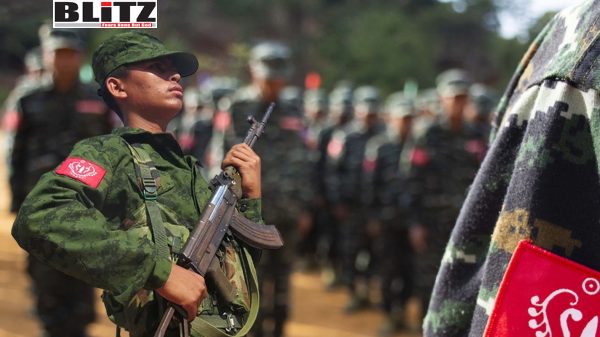

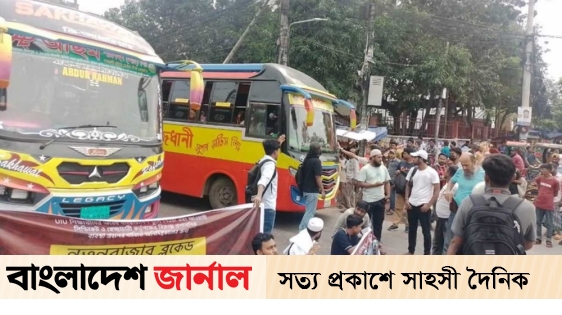
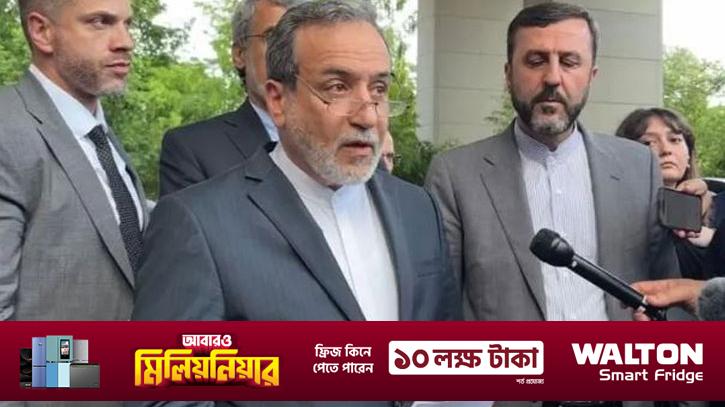
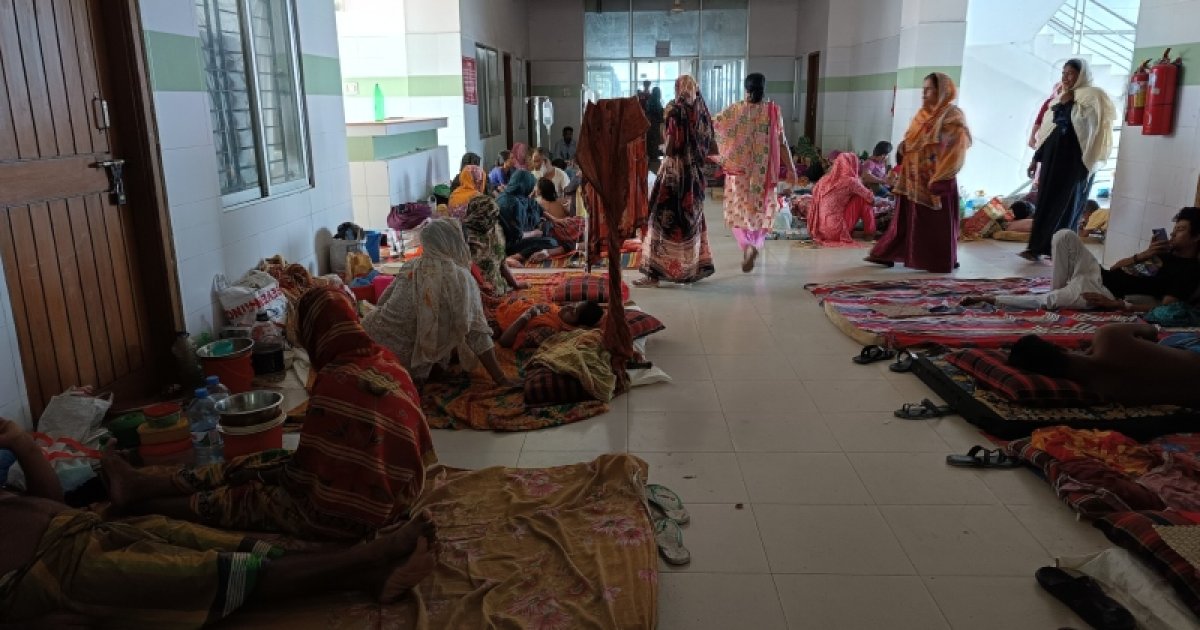
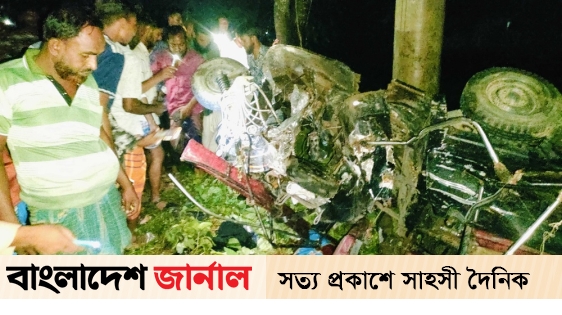
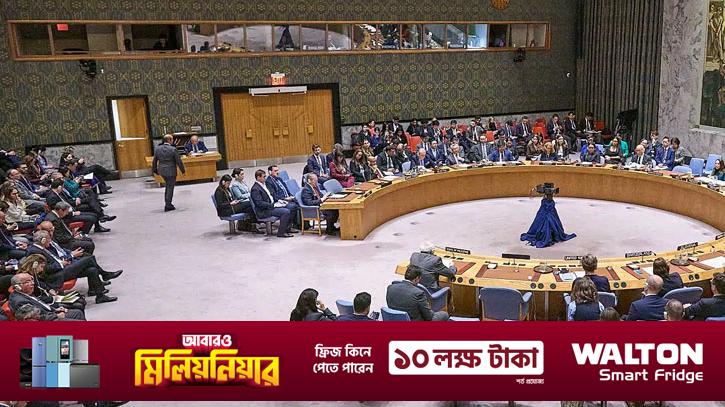
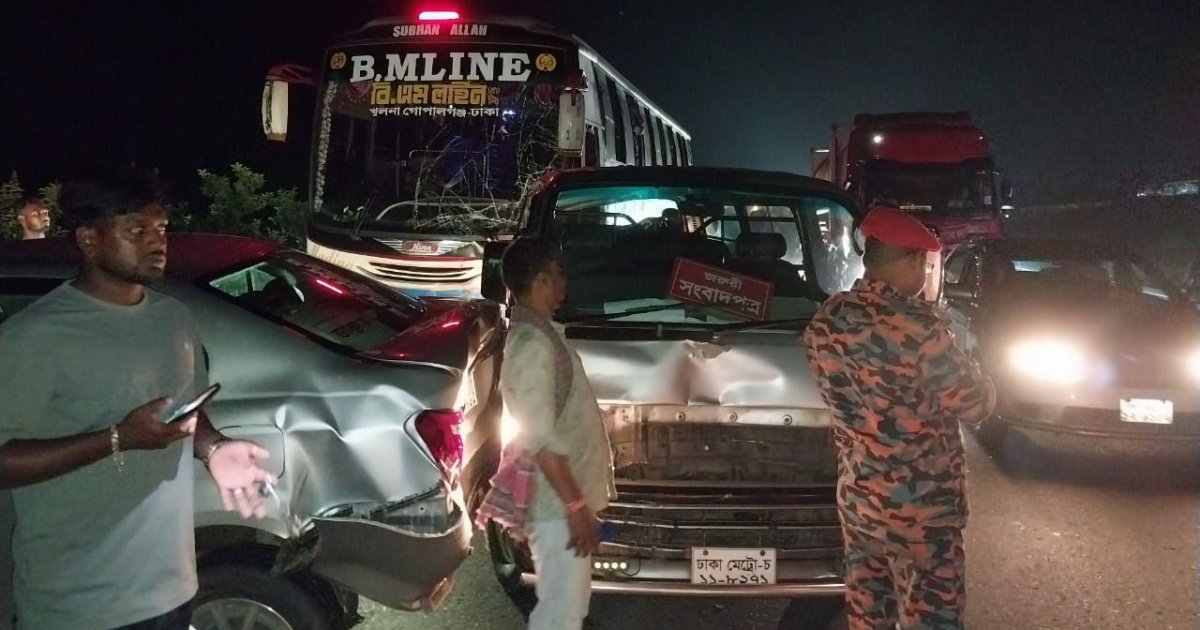
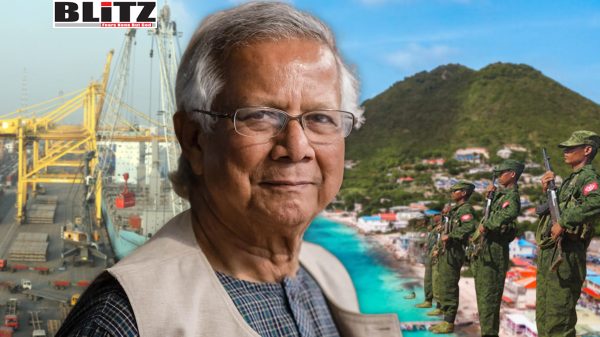
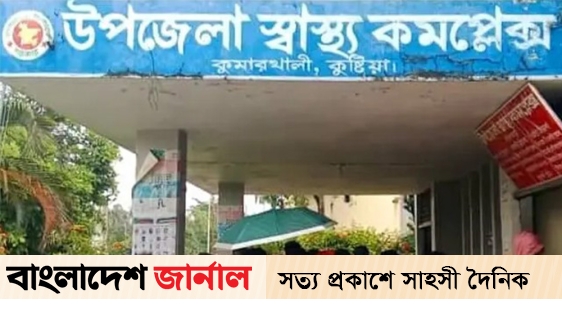
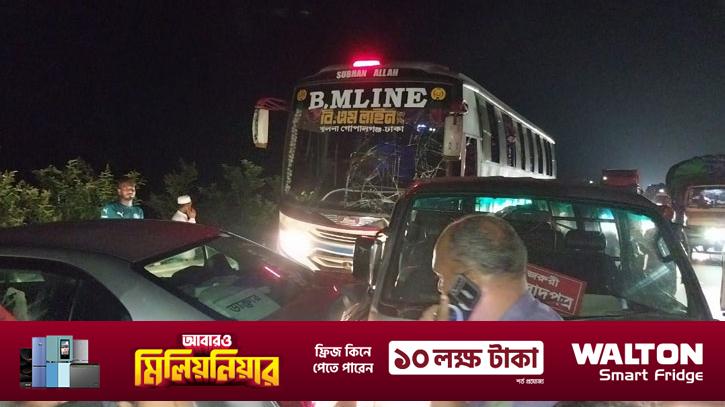



Leave a Reply